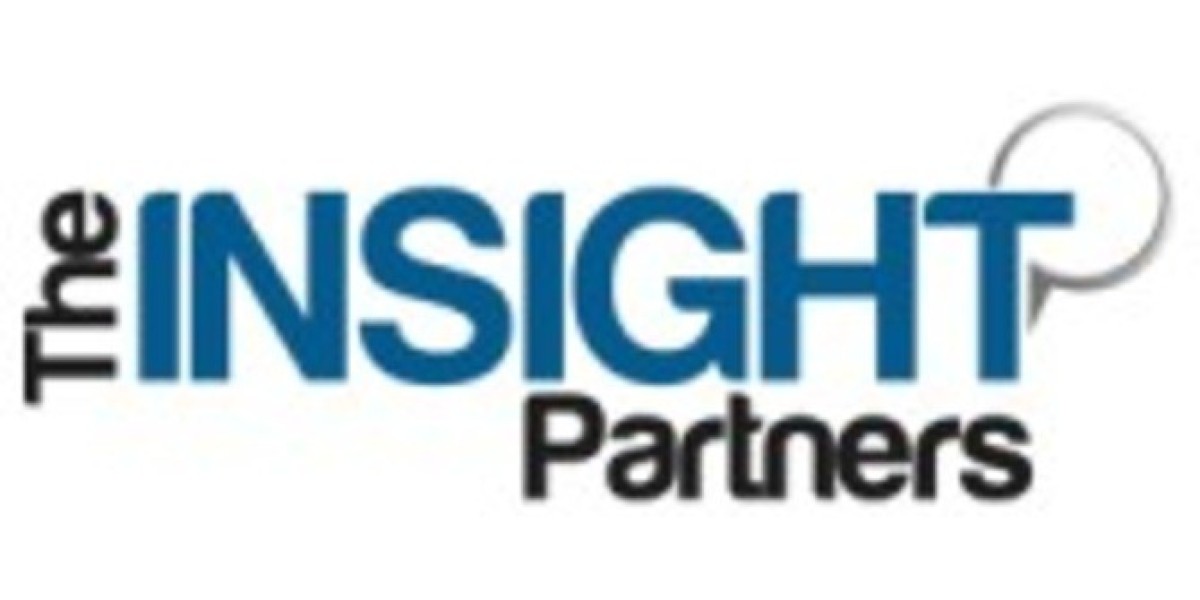As the software industry embraces the agile and DevOps movements, the role of a Quality Assurance (QA) engineer has evolved significantly. In a traditional setup, QA teams were often responsible for testing after the development phase, isolating them from other parts of the software lifecycle. However, DevOps has redefined this dynamic by integrating development and operations functions for faster, continuous delivery. Now, QA engineers are integral to this seamless flow, tasked not only with testing but also with collaborating closely with both development and operations teams. For those looking to enter this dynamic field, software testing courses provide valuable training, equipping future QA professionals with essential skills for thriving in DevOps environments.
What is DevOps?
Before diving into the role of a QA engineer in a DevOps setting, let’s briefly recap what DevOps entails. DevOps is a cultural and operational model that combines software development (Dev) and IT operations (Ops). Its goal is to shorten the development lifecycle while delivering software more frequently and reliably. It promotes a continuous feedback loop and enables continuous integration (CI) and continuous delivery (CD), leading to faster and more efficient production cycles.
With DevOps, the traditional approach of having isolated departments for development, testing, and operations no longer fits. QA engineers are needed throughout every phase of the development lifecycle, from planning and designing to testing and deploying.
The Evolving Role of a QA Engineer in DevOps
In a DevOps environment, QA engineers must adapt to the fast pace and continuous feedback loops. Their role goes beyond testing software at the end of a development phase; they are embedded throughout the development pipeline, working closely with developers and operations teams to ensure quality from start to finish.
Let’s explore some of the key roles and responsibilities of QA engineers in a DevOps environment.
1. Ensuring Quality Across the Development Lifecycle
In a DevOps setting, quality assurance becomes a continuous process rather than a phase in the development lifecycle. QA engineers are responsible for overseeing quality at every stage, collaborating with developers to implement testing frameworks, scripts, and test cases as code is written.
In the early phases of development, QA engineers work with product managers and developers to define quality standards and requirements. They identify potential risks, establish quality metrics, and work on strategies to mitigate defects early on. This proactive approach reduces the number of bugs that arise later in the development process, saving time and resources.
2. Automation Testing
Automation is essential in a DevOps environment, where manual testing alone cannot keep up with the rapid deployment cycle. QA engineers in DevOps are expected to design, write, and maintain automated tests that are integrated into the CI/CD pipeline.
Automation testing enables faster feedback on code changes, helping developers identify and resolve issues sooner. QA engineers may use various tools like Selenium, JUnit, and Jenkins to create test scripts and run them automatically with each new code commit. By reducing the reliance on manual testing, QA engineers improve the speed and reliability of software releases.
3. Implementing CI/CD Pipelines
A QA engineer in DevOps works closely with DevOps engineers to implement CI/CD pipelines, enabling continuous integration and delivery. This involves building tests directly into the CI/CD pipeline so that every code change is automatically tested before it reaches production.
QA engineers help define which types of tests should be included in each stage of the pipeline, such as unit tests, integration tests, regression tests, and load tests. By maintaining a well-structured pipeline, QA engineers ensure that software is tested rigorously and continuously, reducing the risk of errors in production.
4. Monitoring and Observability
Once software is deployed, QA engineers in a DevOps environment take on a new role of monitoring and observability. Monitoring tools and practices allow QA engineers to assess the system’s health in real-time, tracking performance, identifying anomalies, and proactively addressing issues before they escalate.
In a DevOps setting, QA engineers use monitoring tools like Grafana, Kibana, and New Relic to track performance metrics and monitor for errors. Observability enables QA teams to understand the cause of issues quickly, providing valuable insights into how software behaves in real-world environments and helping the team improve the system’s overall resilience.
5. Shift-Left Testing
“Shift-left testing” is a popular approach in DevOps that focuses on moving testing earlier in the development process. Rather than waiting until a feature is complete, QA engineers test code as it’s being developed, identifying bugs early and reducing the time required for fixes.
This approach encourages a close partnership between QA engineers and developers, promoting a culture of shared responsibility for quality. Shift-left testing enables a faster feedback loop, contributing to better code quality and shorter development cycles.
6. Collaboration and Communication
In a DevOps environment, QA engineers are collaborators who bridge the gap between development and operations teams. They facilitate communication between departments, ensuring that each team understands quality requirements and that any issues discovered are addressed promptly.
QA engineers also collaborate with developers to understand code changes, sharing insights into potential issues or risks. This collaboration fosters a culture of shared ownership, where everyone is committed to delivering high-quality software.
7. Continuous Improvement
A DevOps environment values continuous improvement, and QA engineers play a central role in identifying areas for optimization. Whether it’s improving test coverage, reducing the time for regression tests, or finding ways to streamline the CI/CD pipeline, QA engineers are constantly looking for ways to enhance the process.
They analyze test results and feedback from production, identifying trends, and working to prevent similar issues from arising in future projects. Through continuous improvement, QA engineers help increase efficiency and product quality over time.
8. Focus on Security Testing
With the rise of cyber threats, QA engineers in DevOps are increasingly involved in security testing. Integrating security tests into the CI/CD pipeline ensures that vulnerabilities are identified and mitigated before they reach production. QA engineers collaborate with security teams to conduct vulnerability scans, penetration tests, and other security assessments.
Key Skills for a QA Engineer in a DevOps Environment
To thrive in a DevOps environment, QA engineers need a diverse skill set. Here are some key skills:
- Automation Skills – Proficiency in automation tools like Selenium, Jenkins, and JUnit.
- Programming Knowledge – Understanding of languages like Python, JavaScript, or Java to write test scripts.
- CI/CD Pipeline Knowledge – Familiarity with CI/CD tools and practices.
- Communication and Collaboration – Ability to work seamlessly with cross-functional teams.
- Analytical Skills – Strong problem-solving abilities to analyze test results and pinpoint issues.
- Security Awareness – Knowledge of security testing to protect applications from vulnerabilities.
Conclusion: The Future of QA in DevOps
As DevOps continues to gain traction, the role of the QA engineer will continue to evolve. QA engineers are no longer limited to testing software after development; they are now integral to every phase of the process. This shift requires a diverse skill set and a commitment to continuous improvement, helping organizations deliver software that is both high-quality and fast to market.
For those aspiring to enter this dynamic field, software testing courses are essential. Such courses offer hands-on experience with industry-standard tools, covering both manual and automated testing techniques. A career in DevOps offers opportunities for growth, innovation, and impact within the field of education as you continually adapt to new tools, frameworks, and processes.
The demand for skilled QA engineers in DevOps will only increase as companies recognize the value of quality assurance in delivering reliable, high-performance software. Whether you’re starting your career or seeking to upskill, now is a great time to consider the opportunities in DevOps and software testing.



